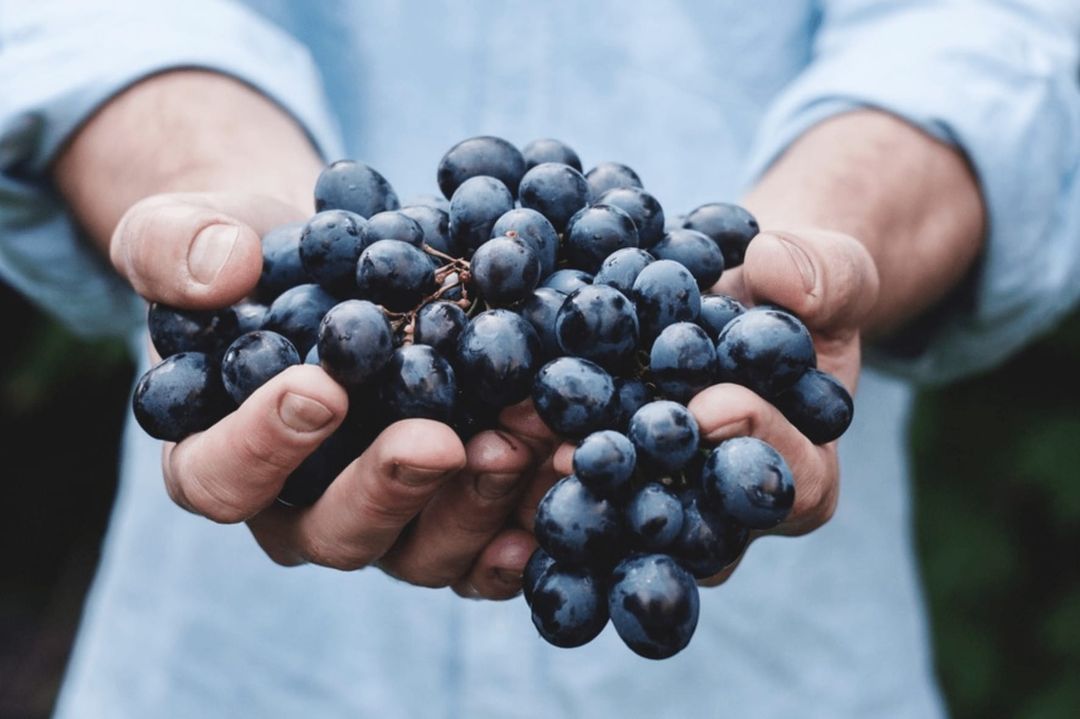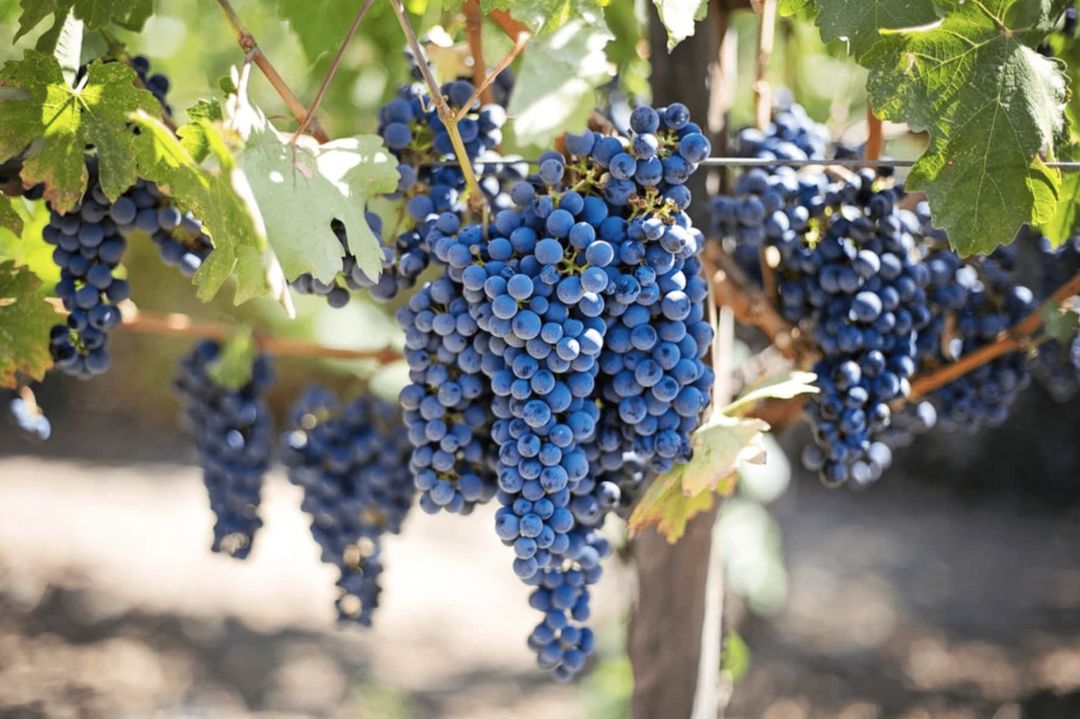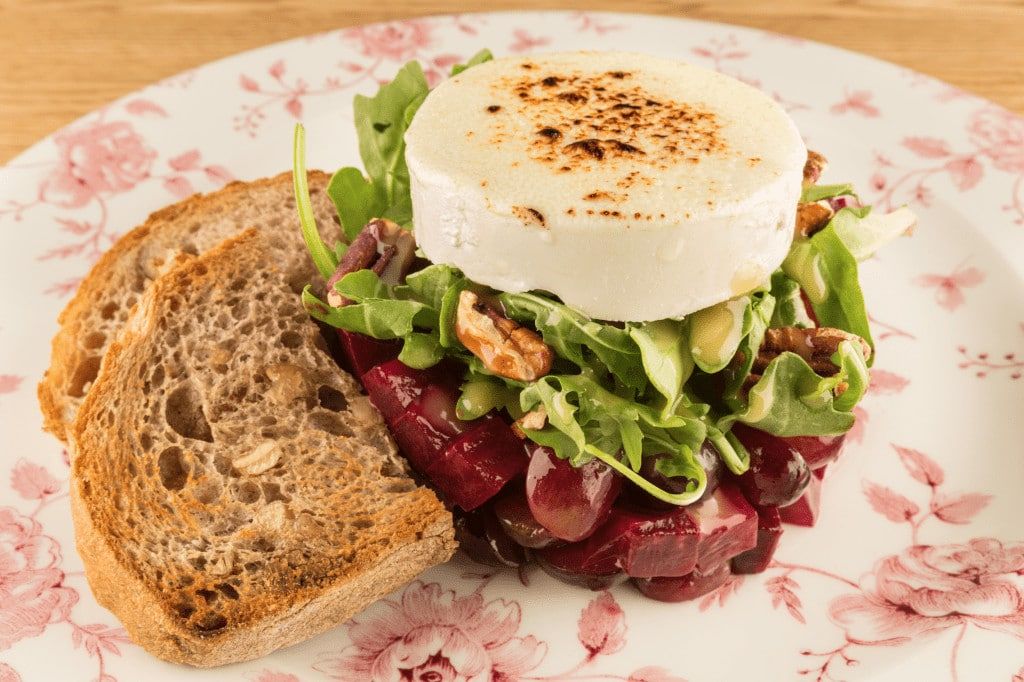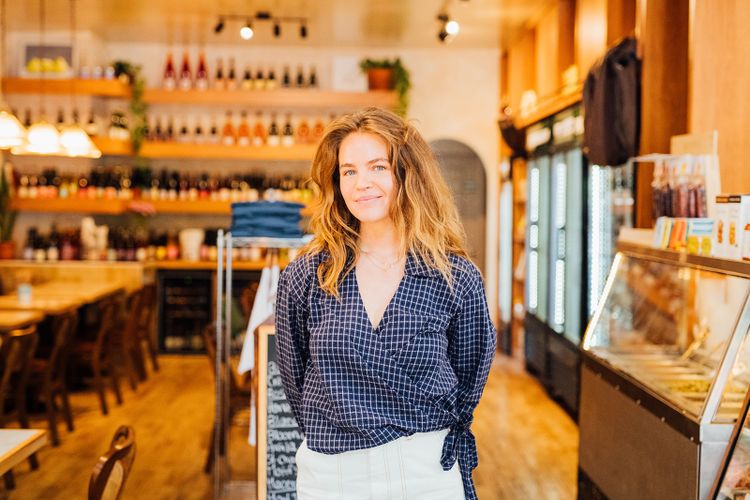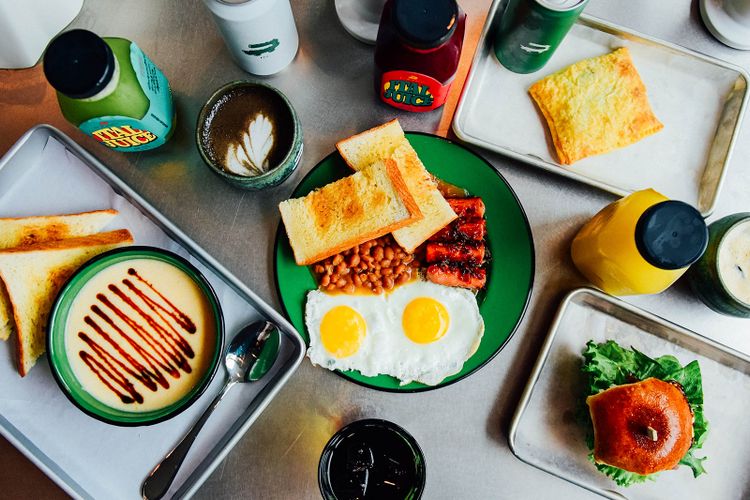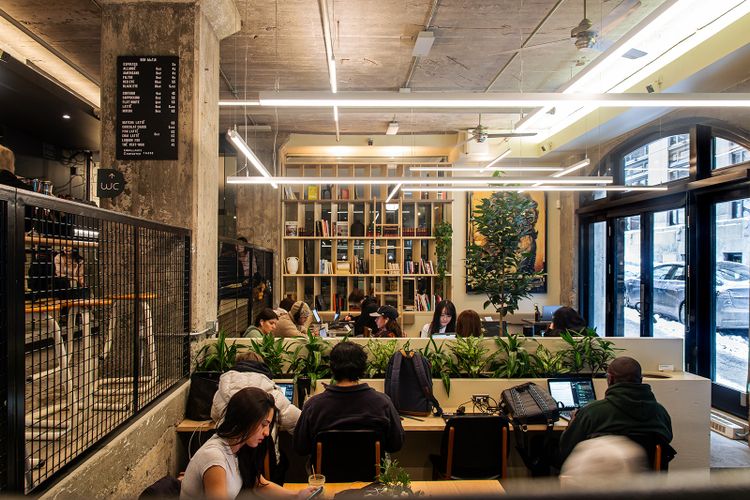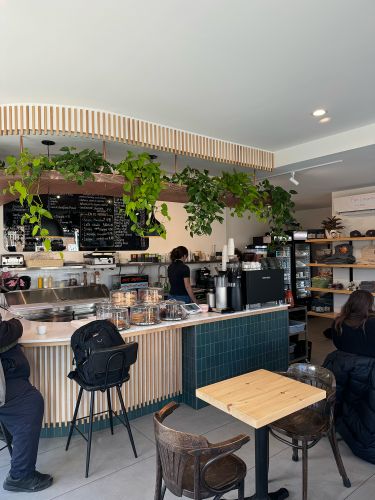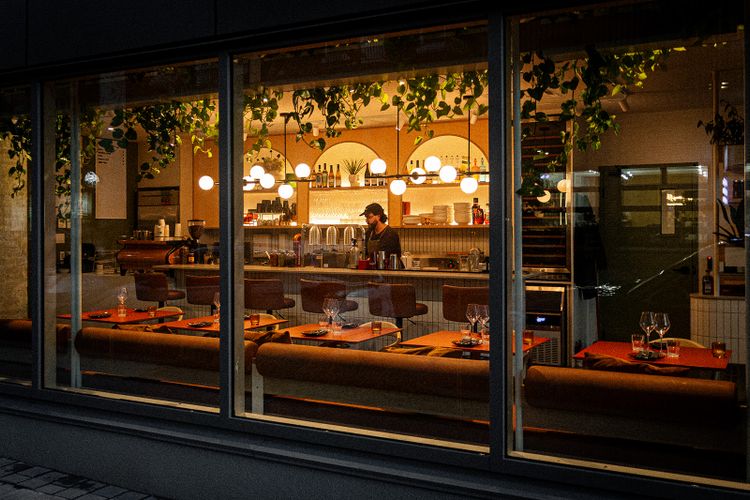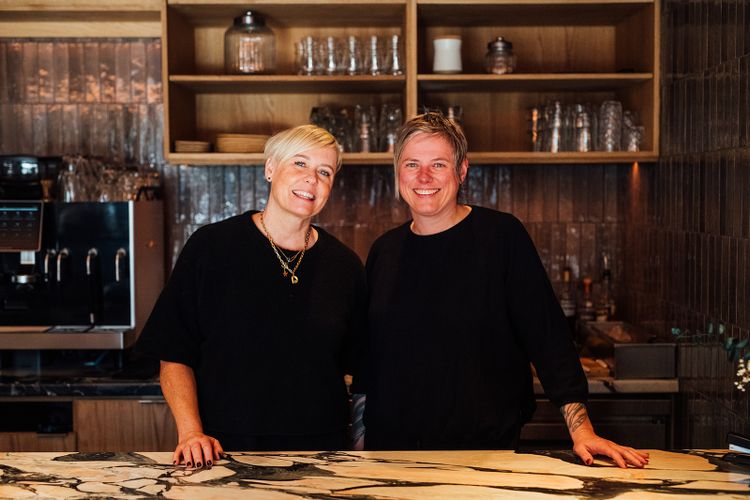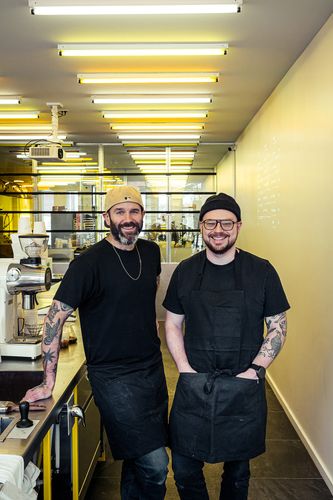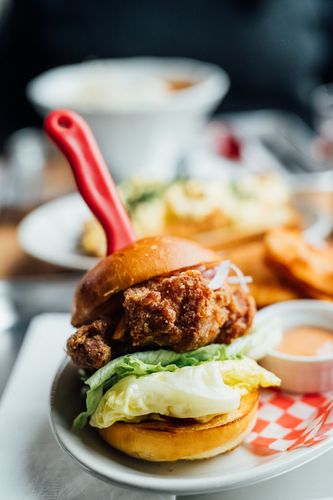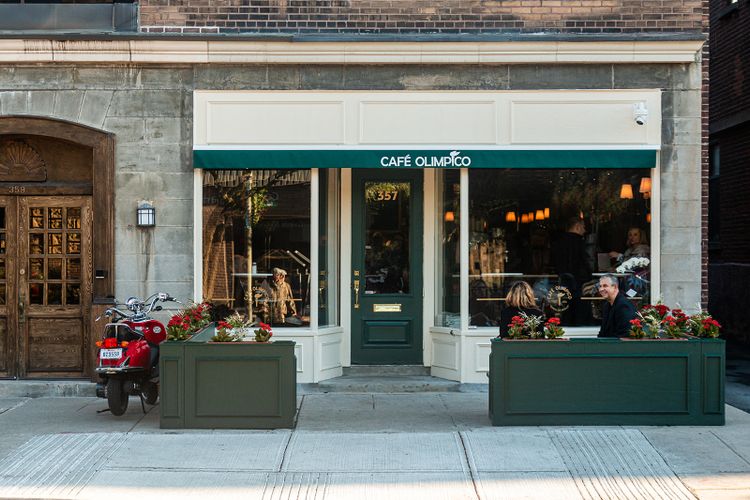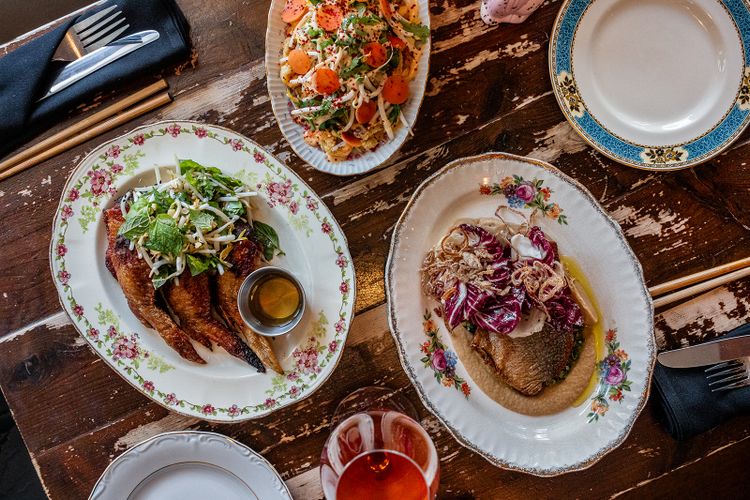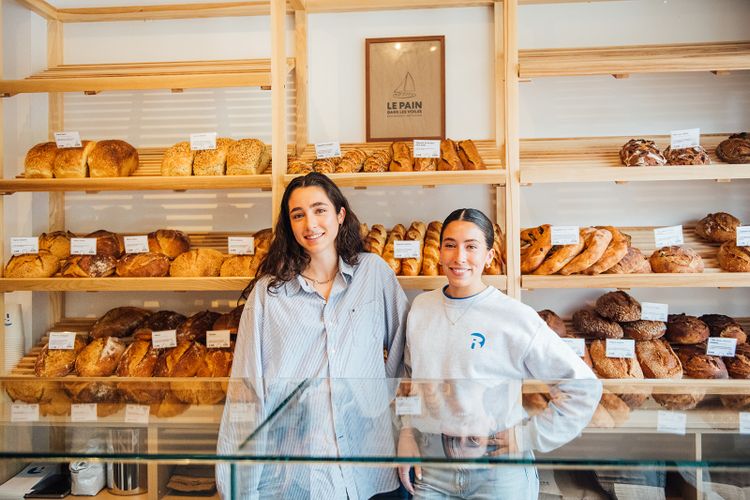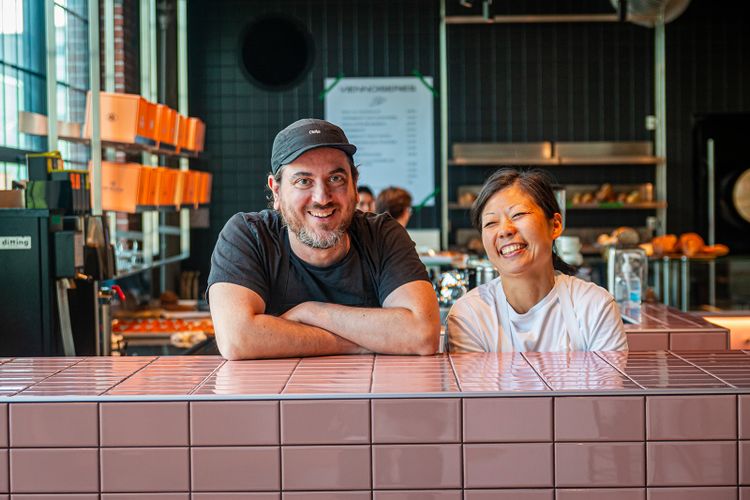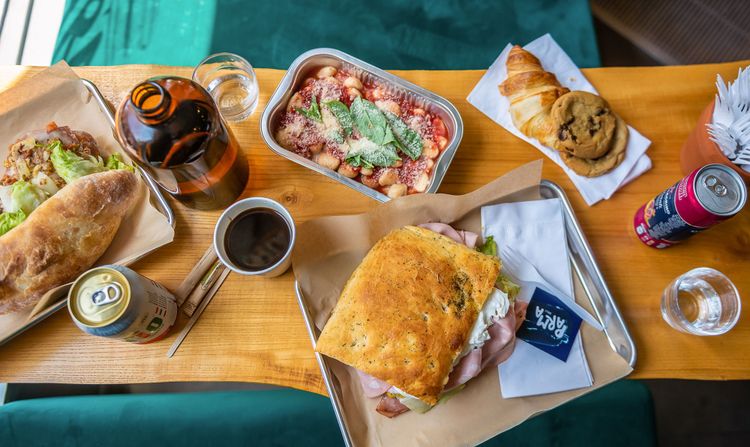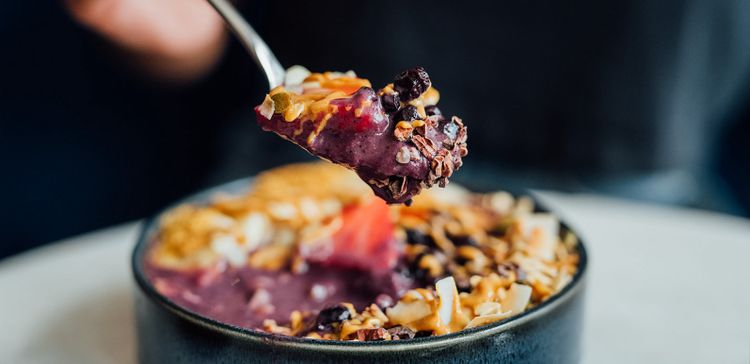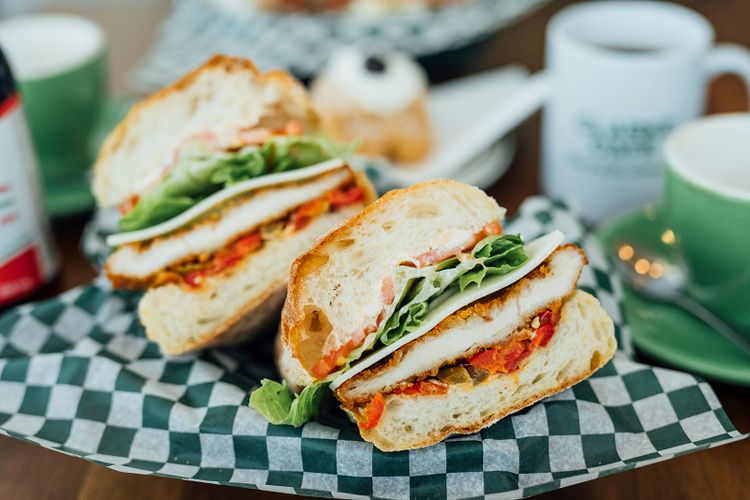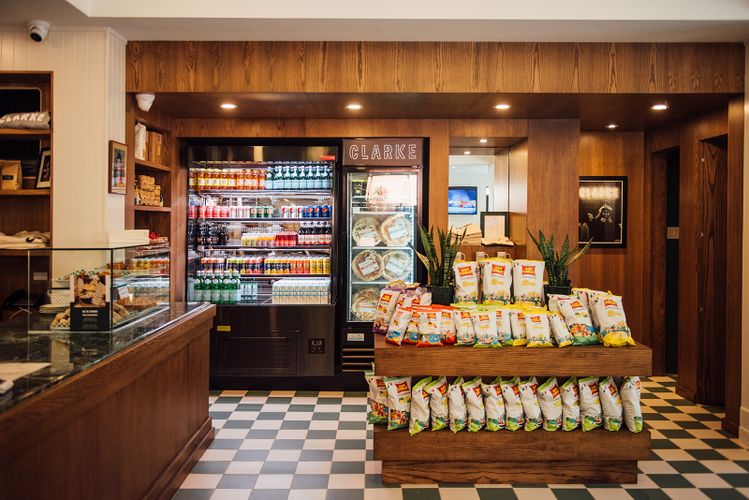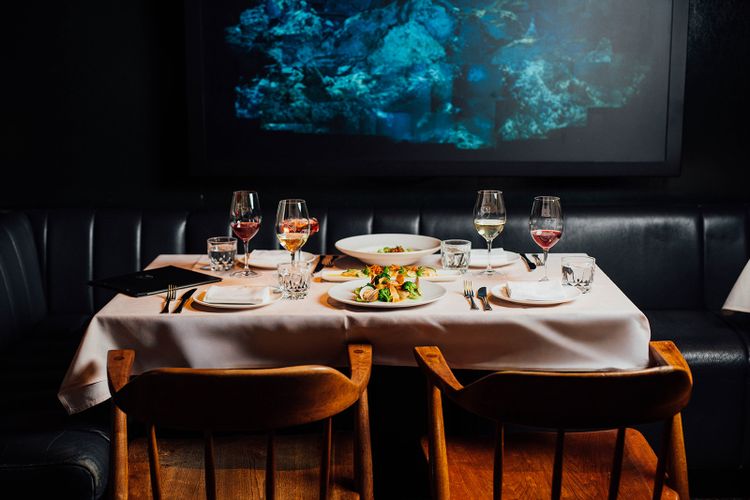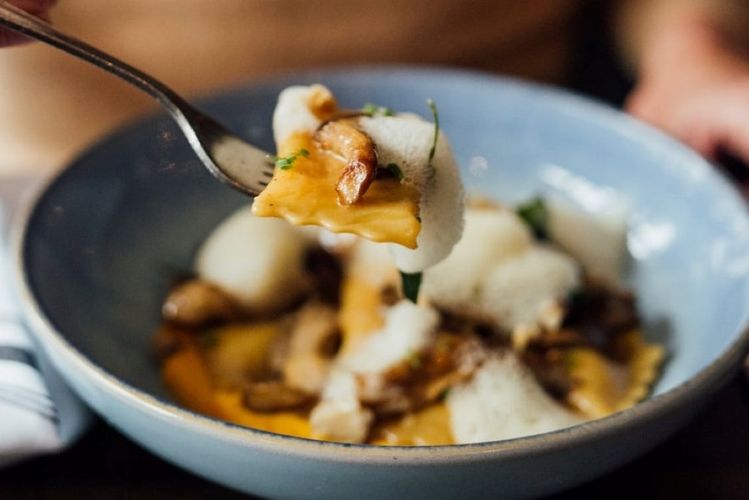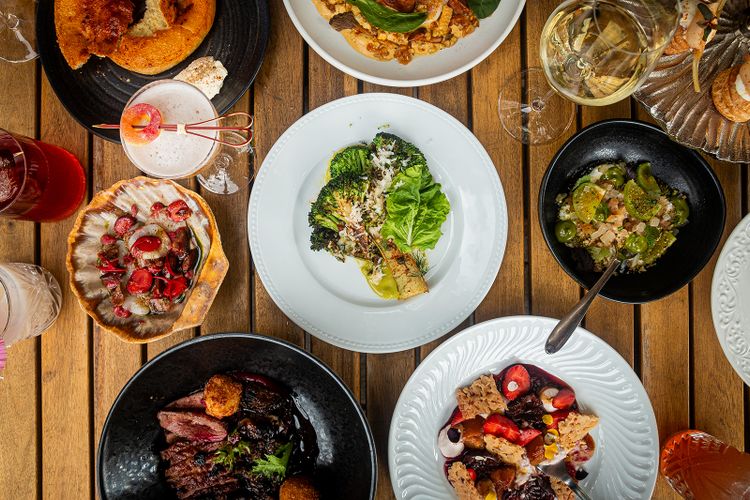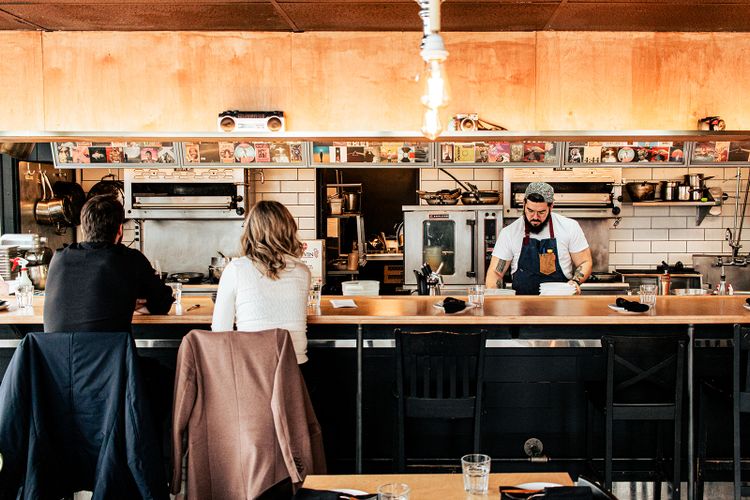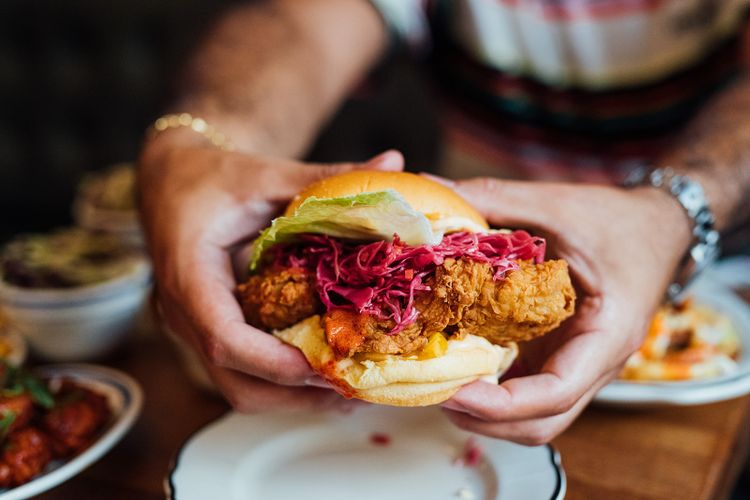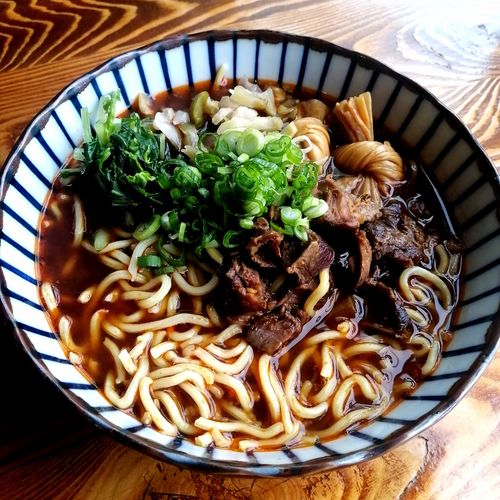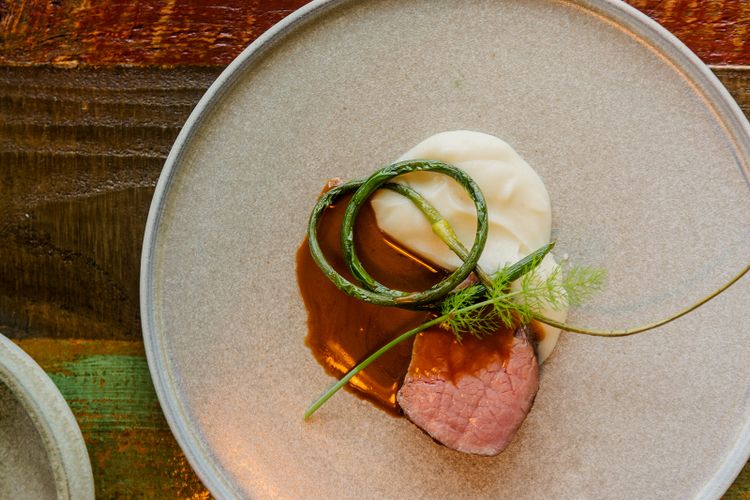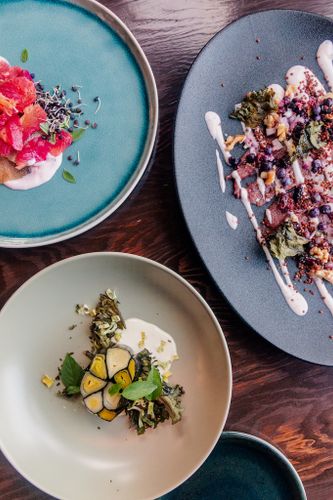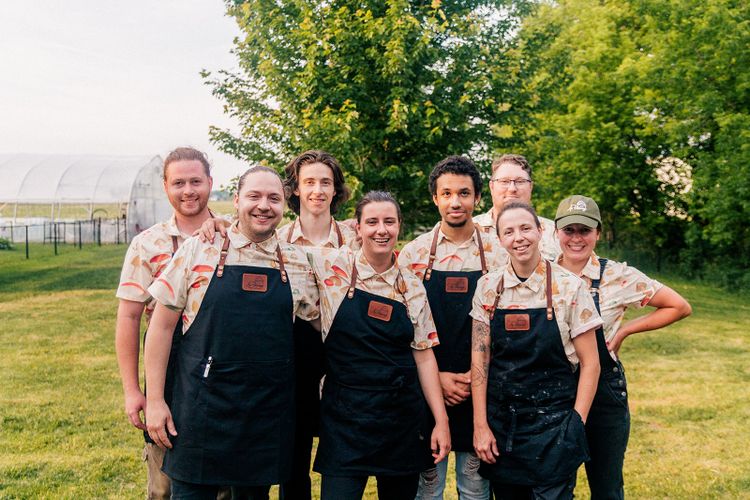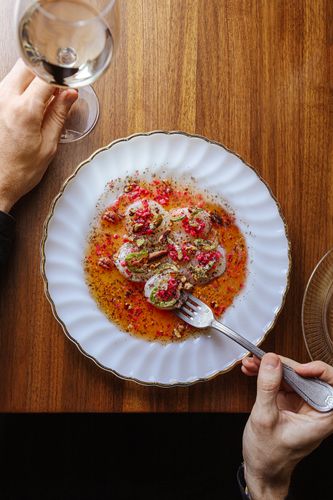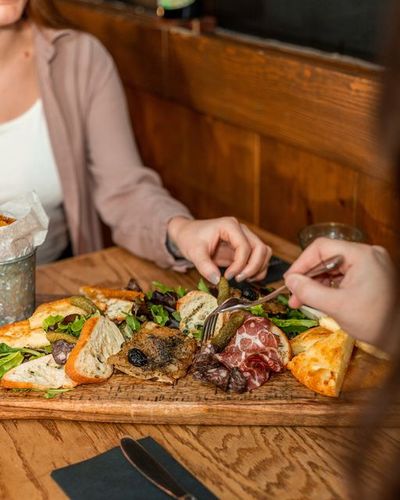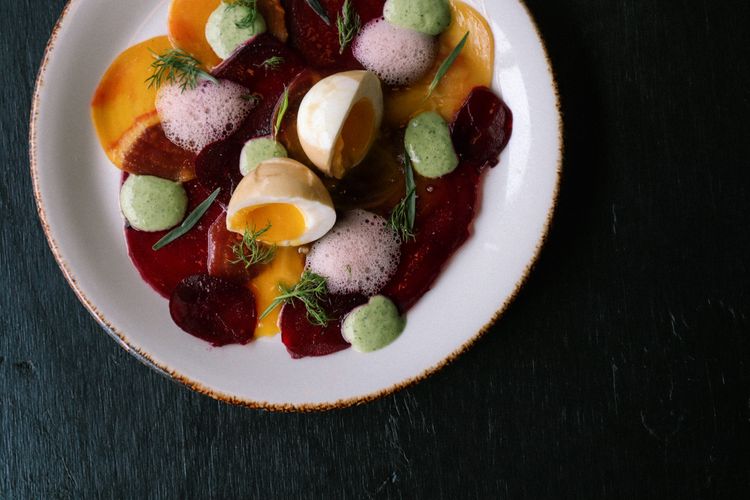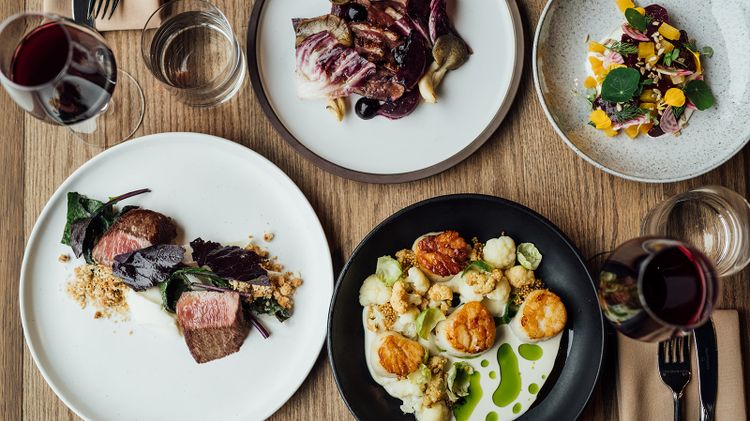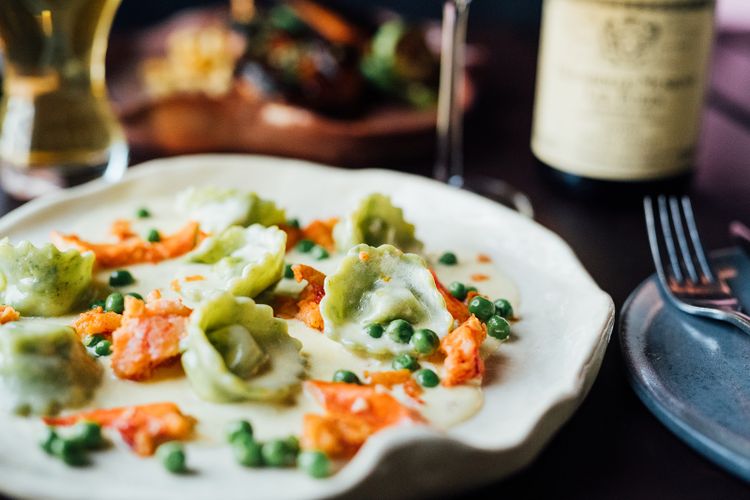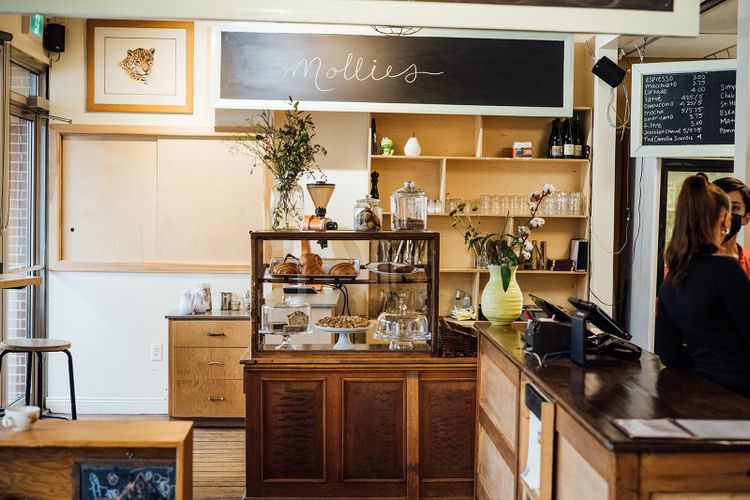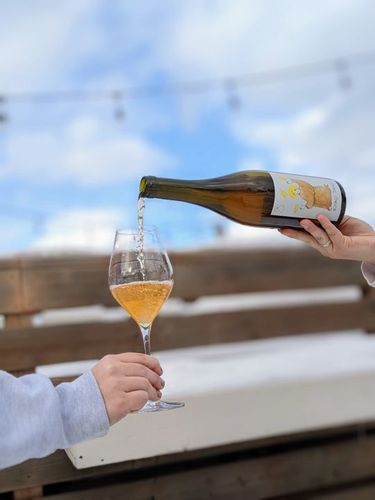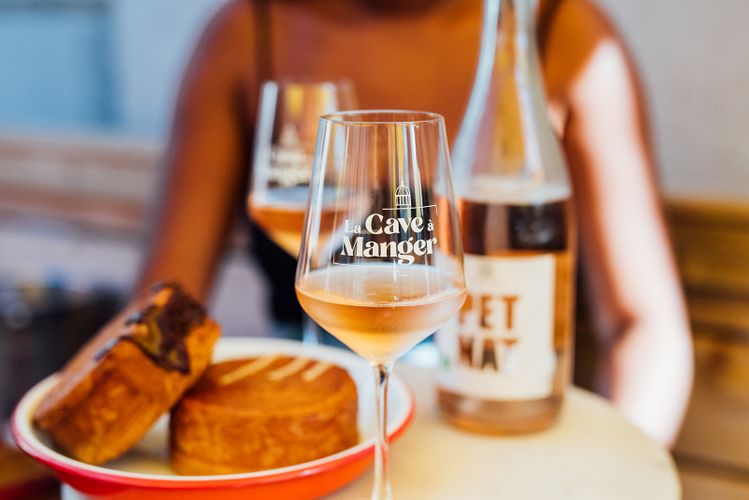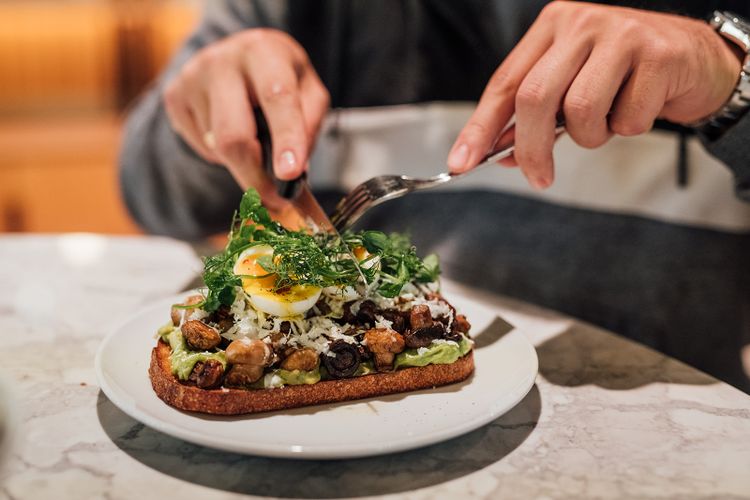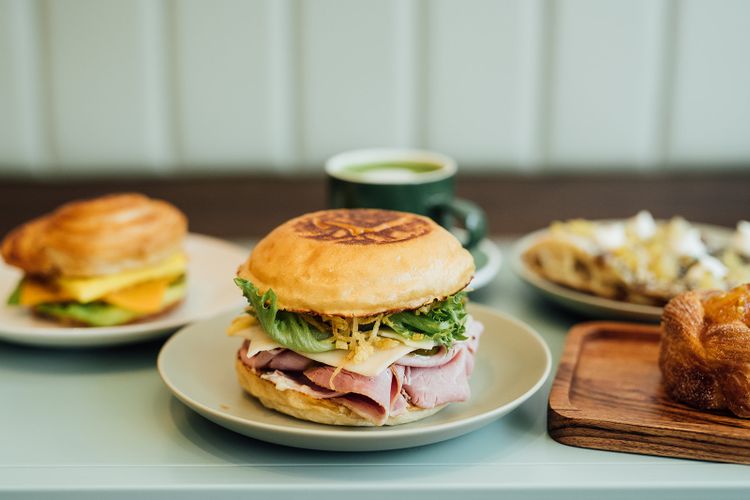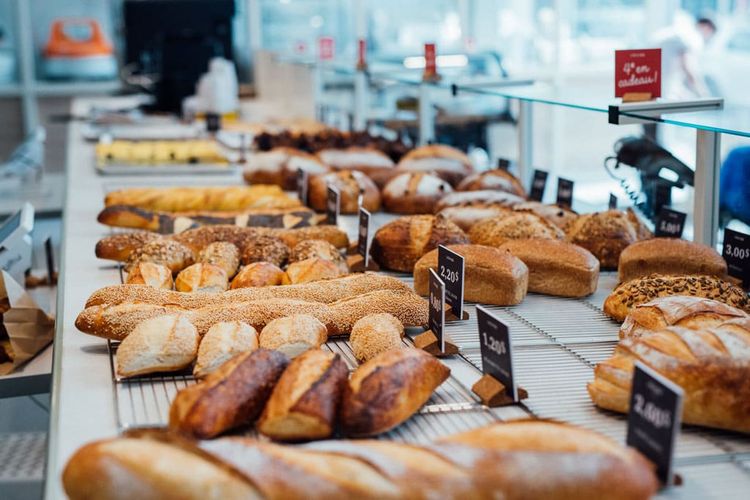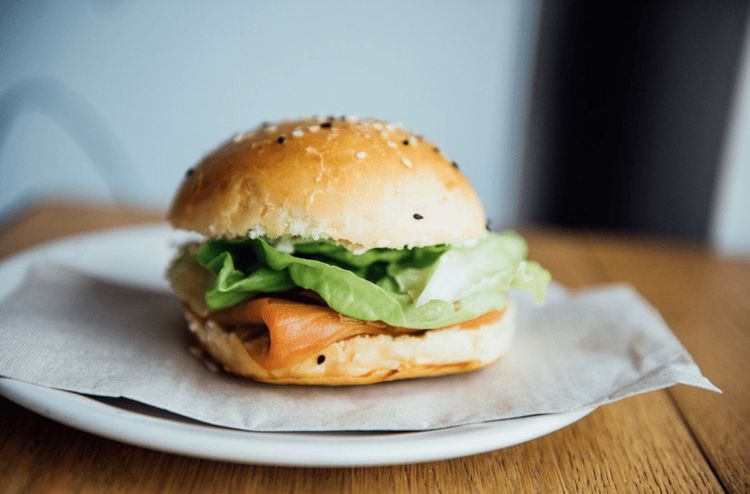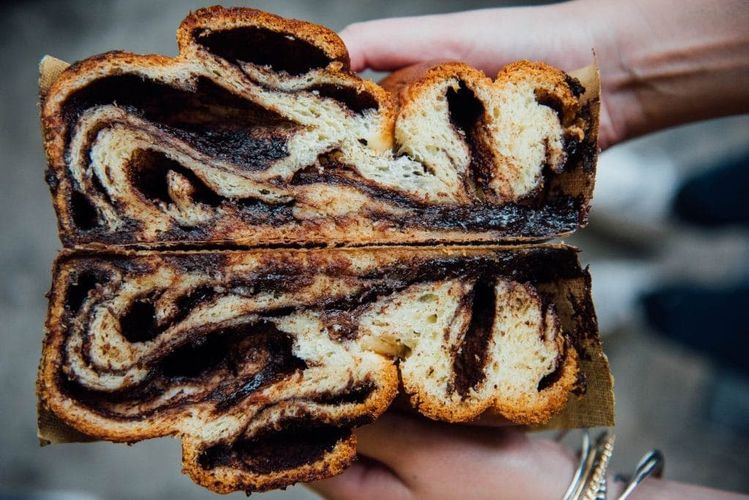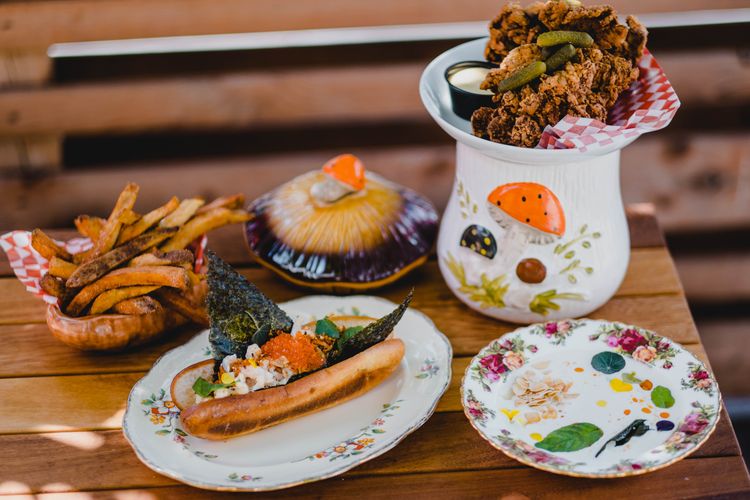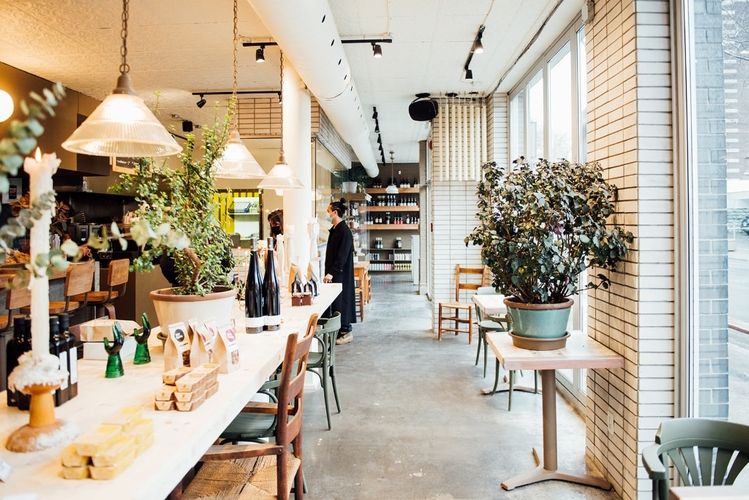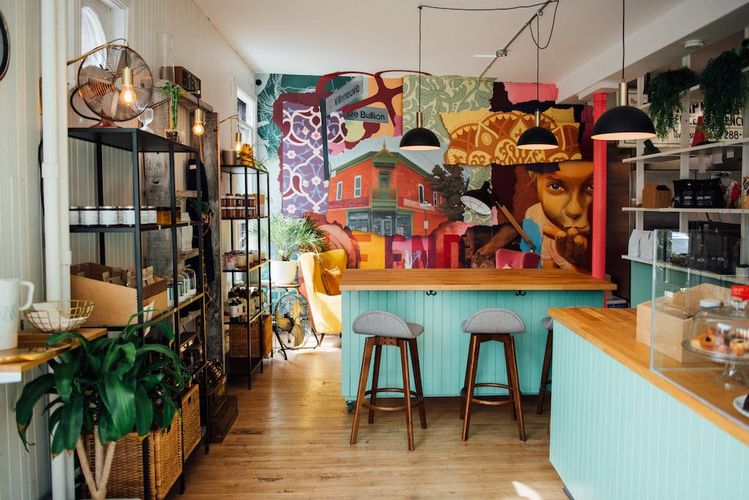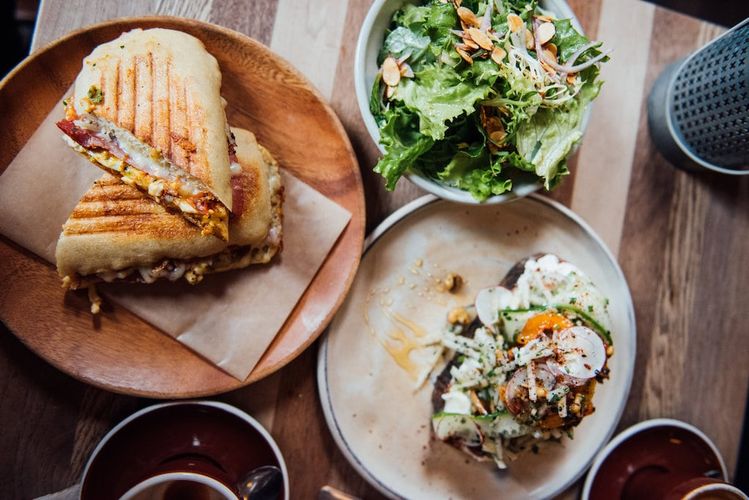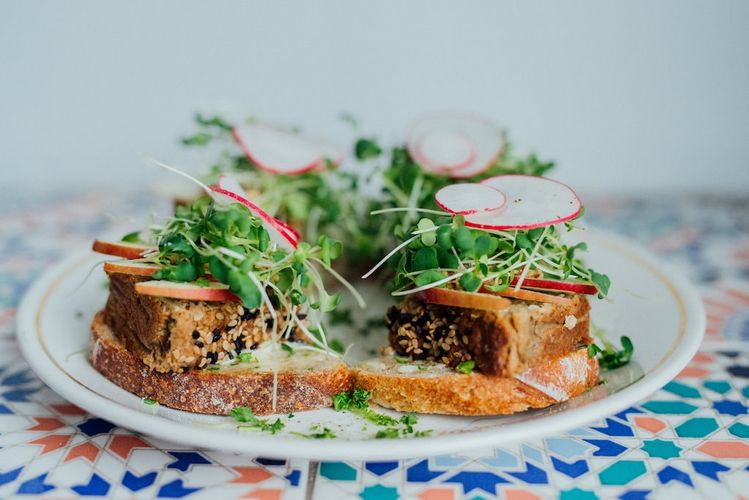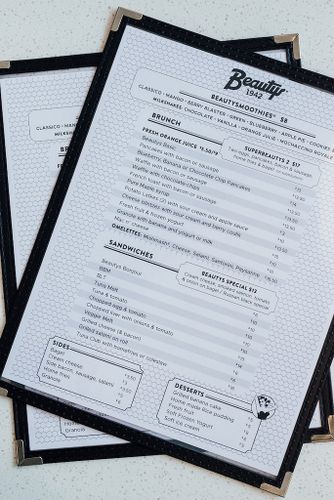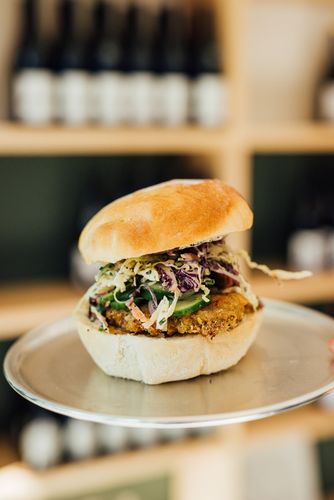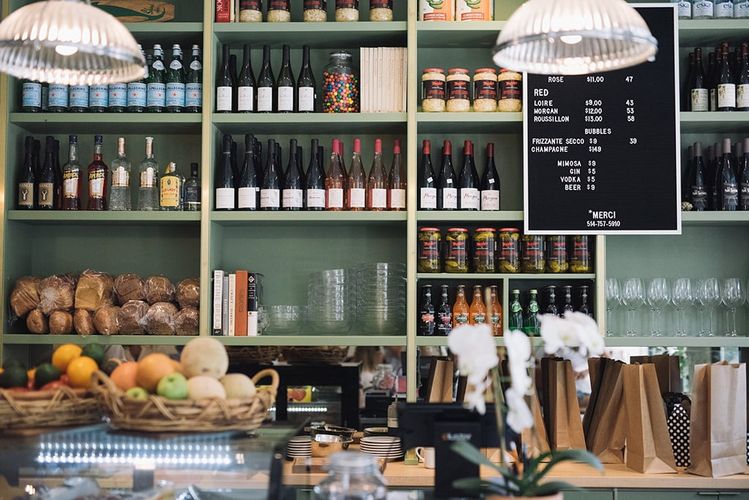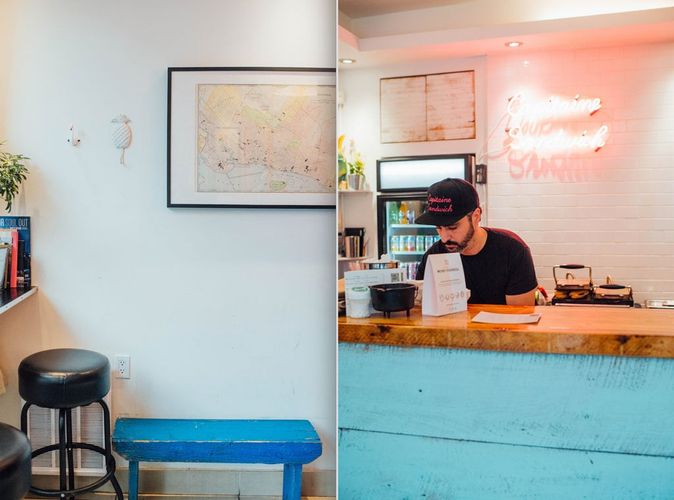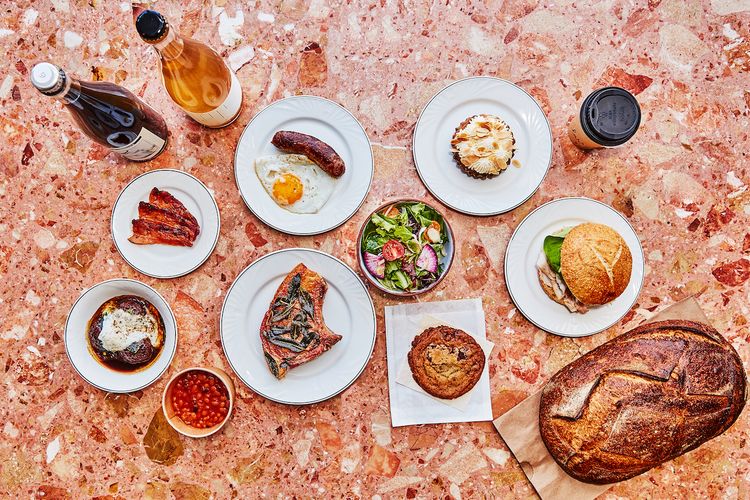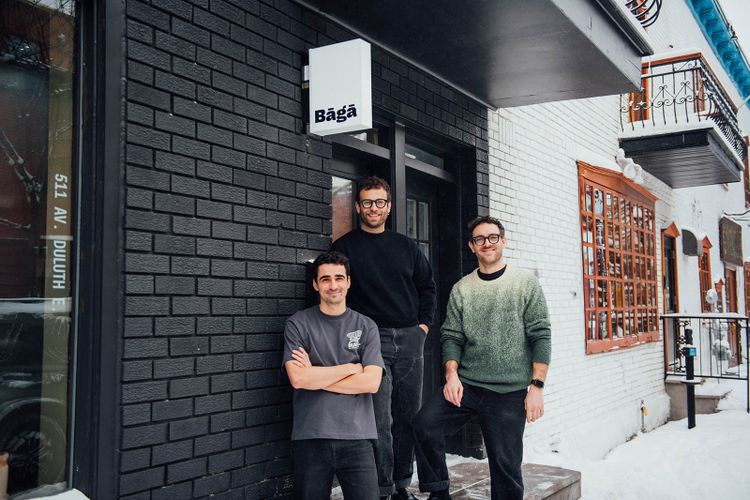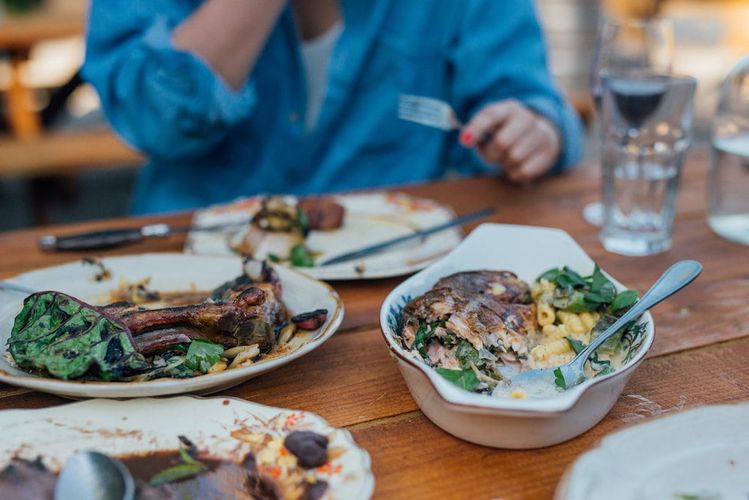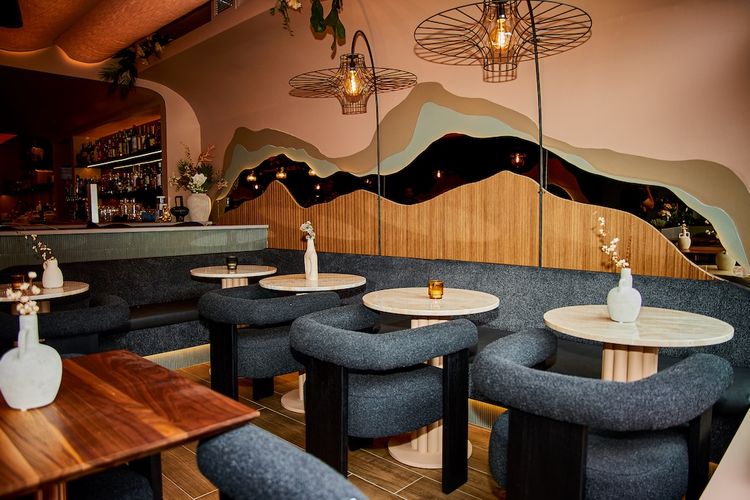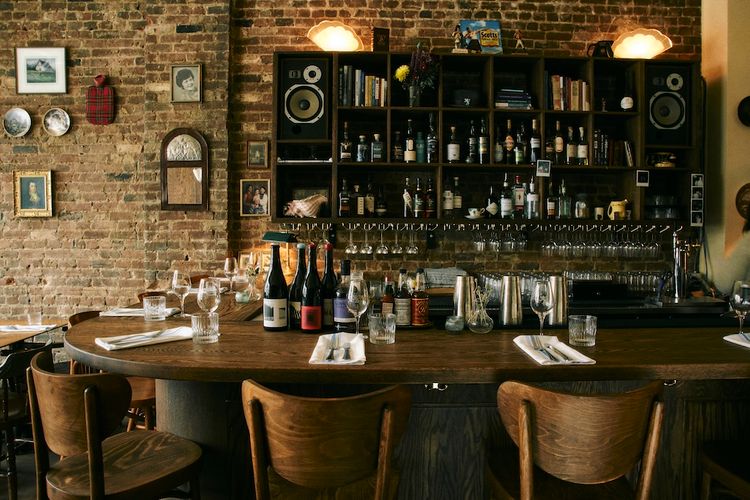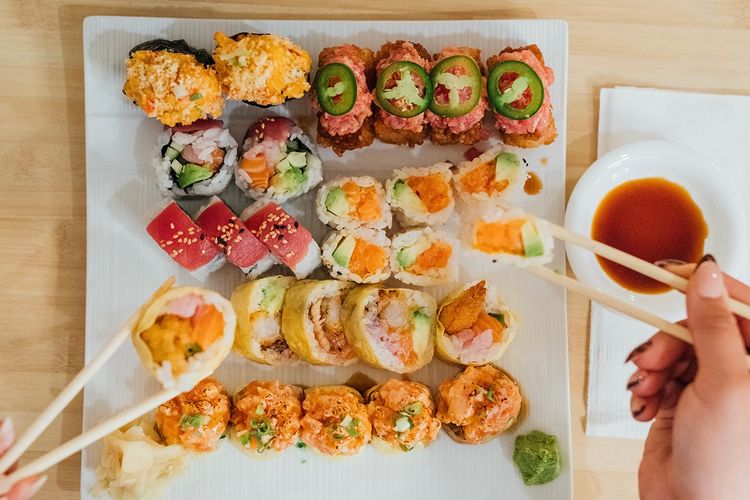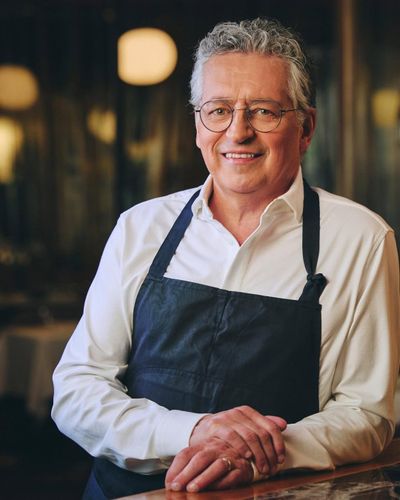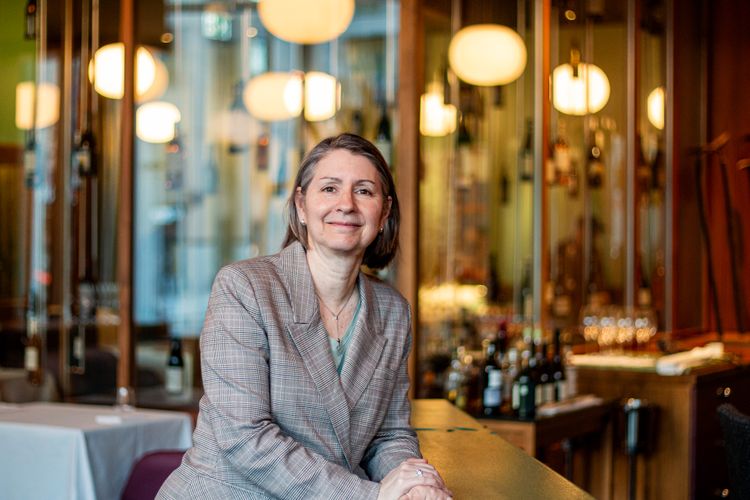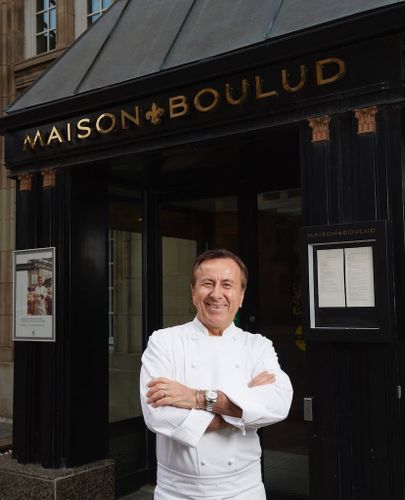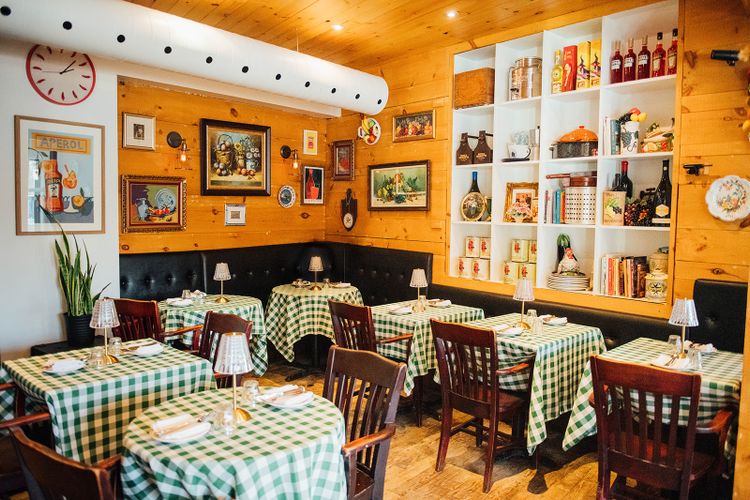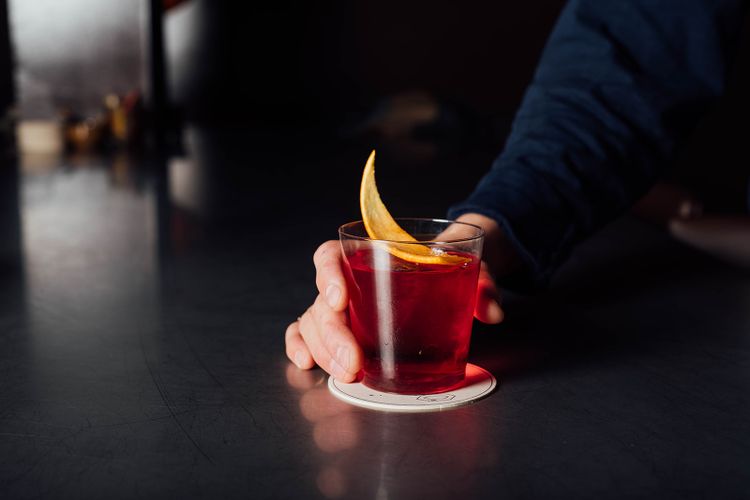Organic, biodynamic and natural wines: What are they?
Everyone is talking about organic, biodynamic and natural wines these days. Since we have a hard time intelligently explaining the difference between the three, we figured we weren’t the only ones! So we sat down with Alex Campbell, a biologist by training who is now co-owner of the private import house Deux Caves to explain it all a little better.
Tastet : First of all, why is your company called Deux Caves! (laughs)
Alex : “Honestly, it’s just because when my partner Max Campbell (no relation, but he’s one of the sommeliers at Vin Papillon) and I thought about doing this, we thought we were just two “caves” [which means idiots in English] from Montreal, that we were never going to make it. And finally, ‘Deux Caves’, well… it stuck! We mainly work with France, and let’s just say that it doesn’t have the same impact there. They don’t really get it…” It may help to point out that “cave” also translates to wine cellar in English.
Tastet : So Alex, since you work only with organic, biodynamic, and natural wines, can you explain to us the difference between the three?
Alex : “An organic wine is a wine that is created without the use of chemicals and without the use of synthetic products.”
Until 2012, this legislation only concerned viticulture (vineyard cultivation), but since then, the regulations have been changed and prohibit the use of chemicals in winemaking as well. The winemaker can, however, use certain products in viticulture and winemaking, but only if they are organic or accepted by the regulation. This—understandably—often leads to much confusion. The vast majority of winemakers who make organic wines do not use products in their winemaking process, but the opportunity to use them is there and so many disagree and refuse to pay; they make their wines with the organic philosophy, but don’t have the official certification.
Tastet : “Organic wines are also the broadest category. A biodynamic wine and a natural wine have to be organic, but not vice versa.”
Alex : “A biodynamic wine is an organic wine, which uses biodynamics.”
Biodynamics doesn’t just apply to wine, it applies to all of the agriculture. Biodynamics was developed in the 20th century by Austrian Rudolf Steiner. From Greek etymology, the word means “life force” and aims to give energy to the plant with a different treatment. Very speculative, peremptory and a bit surrealist, the approach seems to work very well: many of the greatest wines in the world use this method. For Steiner, the mystery of vegetation comes from a balance between cosmic forces coming from the stars and terrestrial forces rising from the ground (okay…). Its biology takes into account organic molecules, energy and minerals. Abracadabra, perhaps, but the results are there. For Steiner, agriculture is like the human being: balanced and regulated by a clever proportioning between its elements. The Austrian has even created a book of very precise and rather surprising practical recipes. The waste compost is laid out in mounds, layered in thin layers, sprinkled with limestone. Since then, several researchers have tested and improved the comprehensive formula.
Winegrowers who use biodynamics follow several rules and also follow a planting and harvesting calendar, which respects, among other things, the lunar cycle, the stars, etc. Biodynamics does not use any chemical products. “I am a scientist by training, I didn’t really believe in it either, but it works. And the winemakers who use this technique would never go back,” says Alex.
Alex : “A natural wine is an organic wine, where only a very small amount of sulfur is added: the winemakers let the grape juice ferment, that’s it!”
“Everyone tries to make natural wine, but it’s the most difficult technique to do. You have no leeway on your wine. Of all the natural wines I taste, half of them are undrinkable!” (laughs)
So, natural wine has nothing added in its winemaking, and only allows for the possibility of adding a little bit of sulfur during the winemaking process, mainly during bottling. Natural wines have no official certification, but the two largest groups are SAINS (no additives or sulfites) and AVN (association des vigneron(ne)s nature).
“Everything is often mixed up because people think it’s too complicated to explain, but it’s not that complicated! It’s pretty simple even, and it’s better to use the right terms at the right time, mainly for you, the consumers. A lot of people don’t bother to differentiate all of this, but if you don’t bother to do it right, you lose the importance of the work behind the wine. You lose sight of the principles with which these ideas were thought and the work behind the intelligent production methods. The interest for me is not necessarily to drink only certified organic, biodynamic or natural wines, but to find those winemakers who practice a low-interventionist philosophy and produce quality wines, wines that I enjoy drinking.”
Thanks, Alex! For more information on the private import house Deux Caves, visit their website or Instagram account.
Written by Sophie Monkman
